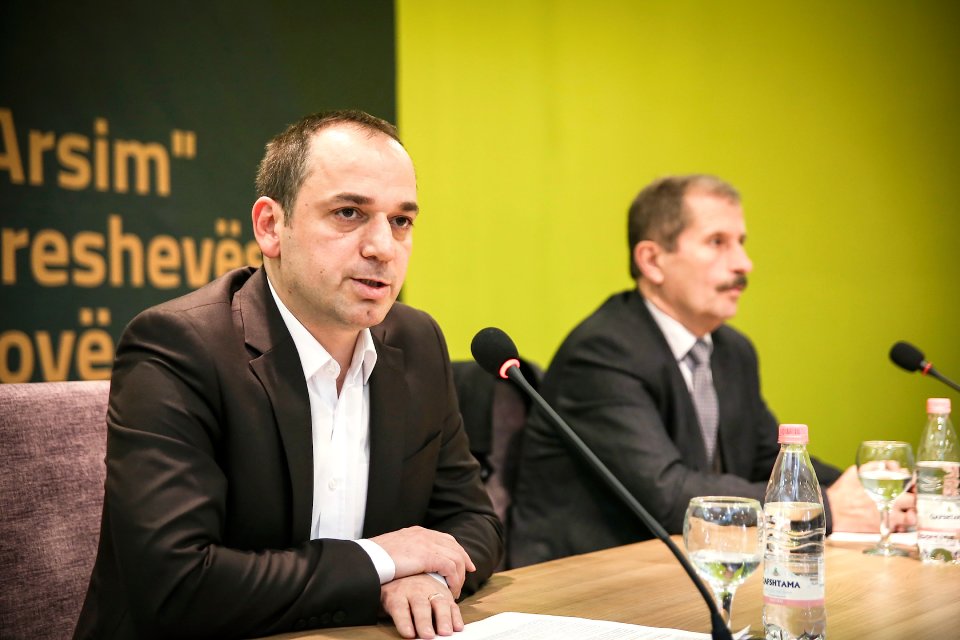The prime minister of Kosovo has warned that Russia and Serbia are preparing to incite unrest in the Western Balkans to draw attention away from Russia’s defeat in Ukraine.
“The ties between Belgrade and Moscow are a source of concern for our friends and partners in the West. We are unsure how they would be activated if tensions increased, “Albin Kurti, the head of Kosovo, spoke to The Guardian on December 20.
“Following its invasion and aggression against Ukraine, Russia has suffered significant damage, and now they are interested in spillover. They’d like to outsource their desire to start wars to the Balkans, where they have a client in Belgrade,” Kurti said.
Read also: Dangerous relationship between Serbian far-right and Russia
Kurti spoke 11 days after ethnic Serb nationalists in northern Kosovo erected roadblocks in opposition to Kurti’s proposal to require them to use Kosovar number plates rather than Serbian ones.
Additionally, hundreds of police officers and government employees of ethnic Serb descent have left their positions, further jeopardizing security. Violence might result from taking down the barricades, but Kurti added that leaving them indefinitely was also not an option. The removal of these barricades “cannot exclude casualties,” according to Kurti.
“We cannot continue to tolerate this violation of the law and the constitution. Therefore, the sooner this ends, the better,” he said.
Serbia and Kosovo want to join the EU, and they are working to settle their differences through negotiations facilitated by the EU. However, these have stalled due to Serb calls to unite Serb municipalities in Kosovo, which Pristina claims would amount to a Serb state-within-a-state and threaten the country’s territorial integrity.
In December, Kosovo also formally applied to join the EU, although five nations do not recognize its sovereignty. The best Kosovo can hope for right now is that ongoing negotiations with Europe will result in visa-free travel for its citizens to the EU by the end of 2023, the EUObserver reported.
Eulex, an EU police mission, and KFOR, a NATO peacekeeping operation, have increased patrols due to the unrest in northern Kosovo. On December 19, unidentified attackers launched a stun grenade at a Eulex patrol as a statement against the West.
The Kosovo flare-up coincides with political impasses in Bosnia and Montenegro between pro-Serbian and pro-Russian parties. Through preferential weapons deals, Russia has helped Serbia arm itself to the fullest in recent years, while Serbia has refused to join EU and US sanctions against Moscow.
Read also: Serbia-Kosovo conflict escalation: point of no-return is close
Russia has been fueling the tensions in the region using its propaganda media, which has made Kurti’s warnings more credible.
“In the northern region of Kosovo and Metohija, there is an increasing risk of escalation and armed conflict. It means that, instead of a European perspective, the fate of so-called Kosovo will be completely different,” Russian foreign ministry spokeswoman Maria Zakharova, who is on an EU blacklist, said.
Serbia is at the heart of a geopolitical struggle between the West and Russia. Due to Serbia’s refusal to accept sanctions against Russia, the European Union is putting further pressure on Belgrad.
Joining the West will be a much better choice for Vucic, rather than maintaining a relationship with Moscow, which is being more and more condemned in the international arena for its war in Ukraine, and more isolated and weaker.
Read also: Serbia is balancing between Russia and the West: which side will it take?

